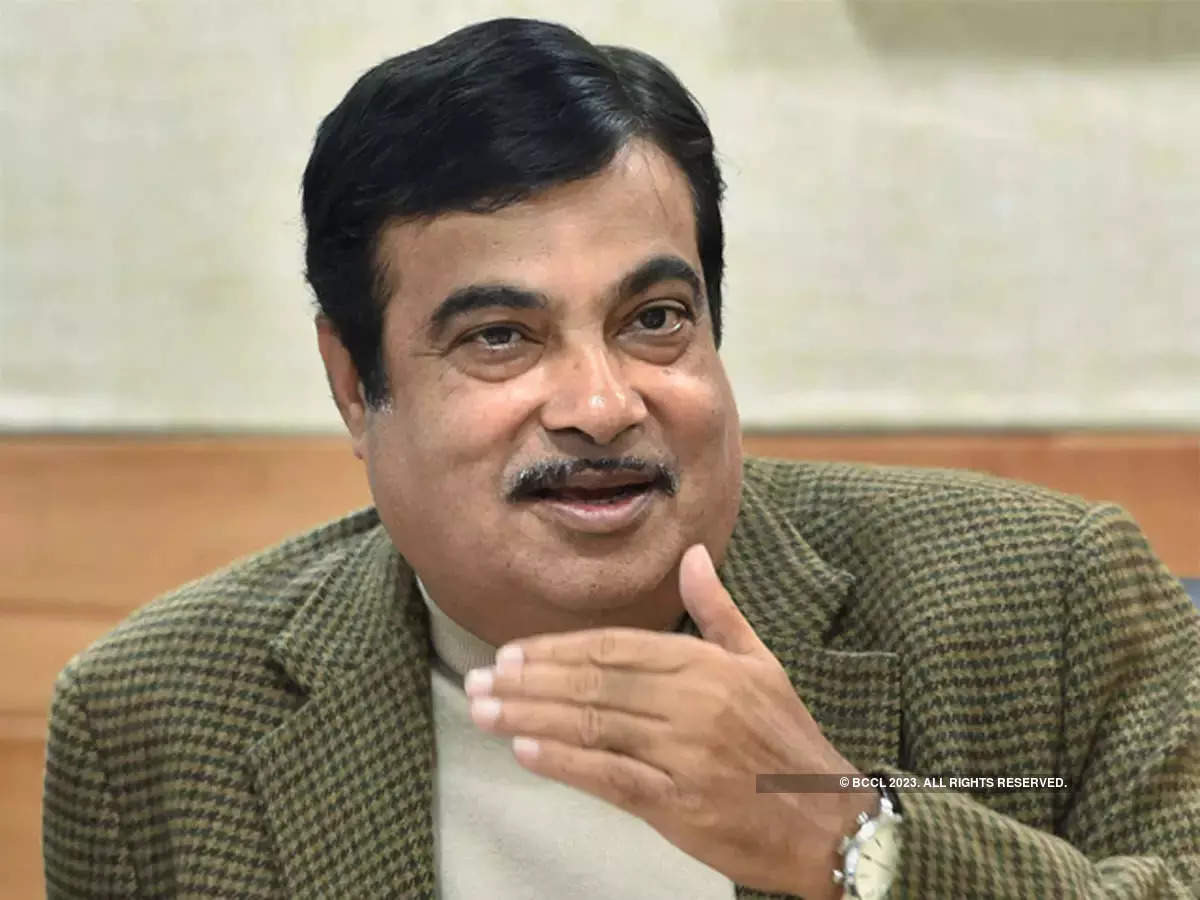Addressing a stakeholder consultation on vehicle scrapping, minister Gadkari called upon all stakeholders to come forward and support the vehicle scrapping policy, saying it is a win-win situation for all.
According to a statement issued by the ministry, the minister emphasized that since the auto industry is the biggest beneficiary of this policy, they must come forward and support the three main pillars of the policy.
These include putting in more investment in setting up automated testing stations (ATSs) and registered vehicle scrapping facilities (RVSFs), creating more awareness amongst citizens about the policy benefits through their dealer network and finalising a discount rate for individuals who get a certificate of deposit on scrapping vehicles at designated centres, the ministry said quoting the minister.
The government had in 2021 launched the Voluntary Vehicle-Fleet Modernization Program (Vehicle Scrapping Policy) aimed at creating an ecosystem for phasing out old, unsafe, polluting vehicles and replacing them with newer, safer, and fuel-efficient vehicles.
Reiterating the benefits of the policy, the minister said that the vehicle scrapping policy is expected to increase auto sales by about 8% and contribute about 0.5% to the country’s GDP and hence original equipment manufacturers (OEMs) in the automotive sector must extend unconstrained support to the policy.Representatives from all major automotive OEMs (including Tata Motors, Mahindra & Mahindra, Maruti Suzuki, Kia India, Hyundai Motors) auto dealers and used car aggregators (including Car Dekho, Cars24) attended the event and shared their perspectives on the challenges and actions required to expedite implementation of the vehicle scrapping policy, the ministry said.The stakeholder consultation was aimed at seeking support from the automobile industry to expedite the implementation of vehicle scrapping policy by enhancing investments in infrastructure creation and generating awareness among owners.
As per the statement, the minister reiterated that the government has undertaken multiple initiatives to build resilient demand for vehicles such as building a world-class network of highways, electrification of buses, and mandatory automated fitness testing of vehicles. “The auto OEMs should work towards increasing their production capacity and support the nation to become the largest auto industry in the world,” he had said.


